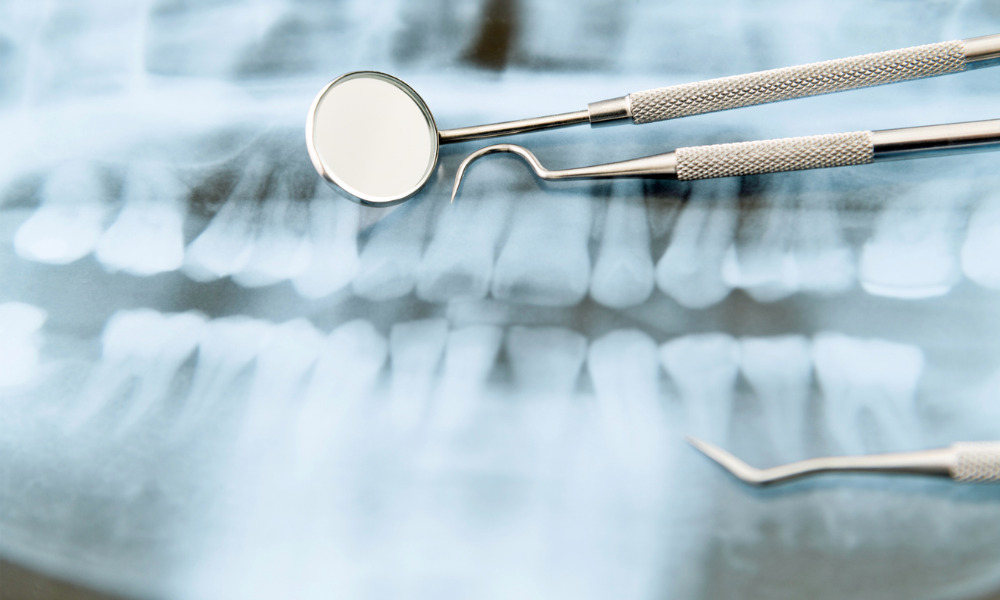
Patient questioned the adequacy of the investigation

The Health Professions Appeal and Review Board of Ontario recently confirmed an inquiry committee’s decision to take no further action against a dentist who had allegedly touched his patient inappropriately.
In S.T. v H. C., 2020 CanLII 66693 (ON HPARB), the applicant patient filed a complaint with the Royal College of Dental Surgeons of Ontario regarding the actions of the respondent, a general dentist who performed the dental extraction and implant treatment on the patient.
First, the patient alleged that the dentist pressed his knee against her thigh while he was explaining an x-ray to her. Second, the patient alleged that the dentist repeatedly touched the outer part of her breast while he was performing a suturing procedure. The patient also said that, during the initial appointment, the dentist placed instruments on her chest and touched her each time he would pick up and set down the instruments.
The Inquiries, Complaints and Reports Committee of the college conducted an investigation and found that there was minimal to no risk to patient care or safety or the public interest. The committee decided that it would take no further action.
Upon the patient’s request for review, the Health Professions Appeal and Review Board affirmed the committee’s decision, which it called transparent, intelligible and justified.
The patient questioned the adequacy of the investigation, contending that the committee failed to interview the dental assistant who was present when the dentist allegedly placed instruments on her chest.
The board upheld the adequacy of the investigation, stating that the committee possessed the necessary information to make an assessment and required no additional information that may have impacted its decision. The committee considered extensive information provided by both parties and offered each party an opportunity to comment on the other party’s information.
The board also found the committee’s decision to be reasonable. With regard to the first alleged incident, the committee opined that, if the dentist had indeed touched the patient’s knee, the contact was not intended to be sexual. The committee nevertheless urged the dentist to be more mindful that he may be making his patients uncomfortable.
As to the second alleged incident, the committee similarly found that if the dentist had indeed touched her, such contact was not sexual in nature. The committee also said that, based on its own knowledge of the suturing procedure, on the physical logistics as described by the parties and on both of the parties’ claims that the patient had covered her chest with her arms, it was unlikely that the dentist had the opportunity to touch her breast during that time.
As for the patient’s allegations relating to the initial appointment, the committee decided to take no action because of the parties’ divergent accounts of what happened and because no independent information was offered regarding this incident.